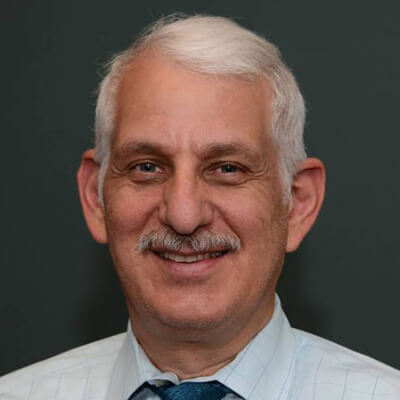 Every year, millions of people around the world sustain a traumatic brain injury (TBI). The majority of these are "mild" brain injuries, known as "concussions". A large portion of the brain is dedicated to vision-related processing and therefore concussions and other traumatic brain injuries often result in some degree of visual dysfunction.
Every year, millions of people around the world sustain a traumatic brain injury (TBI). The majority of these are "mild" brain injuries, known as "concussions". A large portion of the brain is dedicated to vision-related processing and therefore concussions and other traumatic brain injuries often result in some degree of visual dysfunction.
PTSD (Post-Traumatic Stress Disorder) is often accompanied by visual disturbances, known as PTVS, Post-Traumatic Vision Syndrome.
What is Post Traumatic Vision Syndrome?
Post Trauma Vision Syndrome occurs when there is a disruption of the visual process. This disruption affects the neurological system that brings information to the brain and sends information from the brain to the muscles that control eye movements. It causes difficulty with maintain fixation (the ability to 'lock on'), binocular fusion (the ability to use the two eyes together as a team), and accommodation (the ability to physically focus).
What Are the Symptoms of PTVS?
Even if someone is able to see with good clarity in each eye(20/20), a TBI can cause the following visual dysfunctions:
- Blurred vision
- Double vision
- Low blink rate
- Depth-perception issues
- Difficulty with eye-tracking
- Sensitivity to light (photophobia)
- Eye strain, especially while reading or using a computer
Non-visual symptoms may include:
- Dizziness
- Headaches
- Poor balance
- Disorientation
- Difficulty reading
- Difficulty driving
- Difficulty concentrating
- Visual memory problems
- Difficulty navigating through crowded or tight spaces
How Does a Neuro-Optometrist Treat PTVS?
A Neuro-Optometrist assesses eye health, acuity, and a wide range of visual abilities. These include eye alignment, convergence function, focusing ability, peripheral awareness and more.
A program on Neuro-Optometric Rehabilitation enables the individual to regain visual skills that were damaged by the brain injury. Special eyeglasses with prism or tint may be prescribed to improve spatial and/or binocular vision. Special light therapy, Syntonic Phototherapy, often gives gives patient relief from some symptoms.
Treating PTVS as soon as possible helps reduce the problems and enables the individual to regain quality of life. Neuro-Optometric Rehabilitation can even be effective months or years after a TBI.
We're your local specialists in New Jersey for PTVS
We've treated thousands of patients over the years with various conditions at to our office with successful outcomes. No matter how your condition is, if your vision has a problem, we have the methodologies, training, and technology to help you.
Schedule a consultation with Family Eye Care to start treatment for your PTVS today.
Family Eye Care serves patients from Old Bridge, East Brunswick, Woodbridge, and Edison, New Jersey and surrounding communities.
Q: What is Neuro-Optometric Rehabilitation Therapy?
- A: Neuro-Optometric Rehabilitation is a personalized program to develop, improve and refine underdeveloped or lost visual skills. This specialized treatment involves vision procedures and visual aids (i.e. prisms) and Syntonic Phototherapy to improve visual processing and perception by strengthening of the eye-brain connection.
Q: Is my concussion impairing my reading?
- A: Many patients who suffer PTVS have reading difficulties after their injury. Words might appear to be moving on the page or blurry. Difficulty remembering what you just read and having to re-read material is very common.



Appointment times may vary so call us for availability.